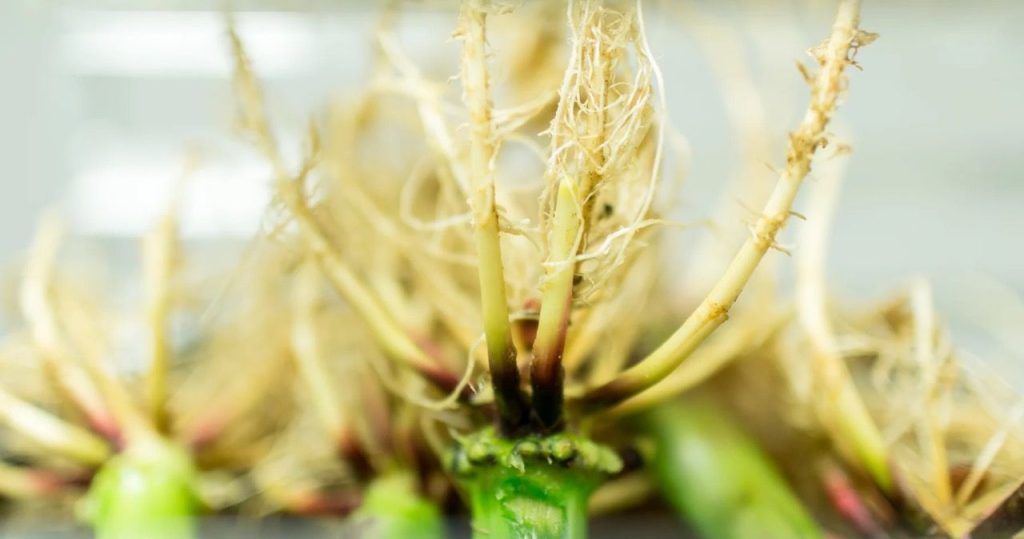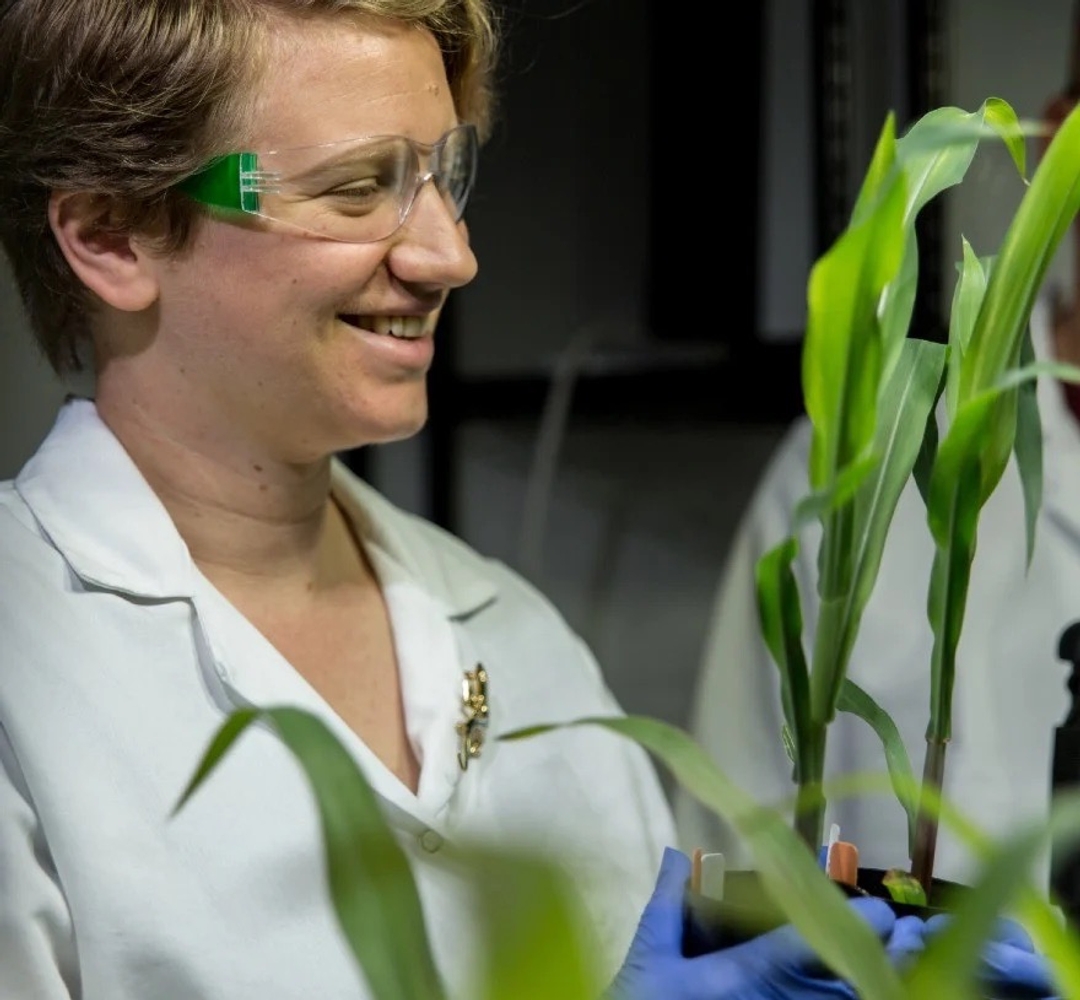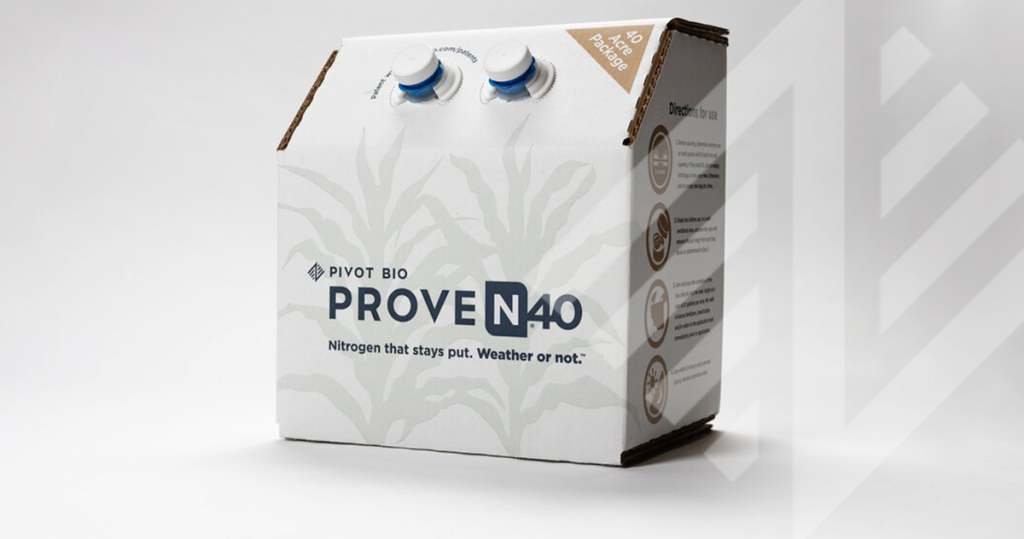The Crop Microbiome Holds the Future of Fertilizer

Synthetic fertilizer has fueled modern agriculture, boosting food production by 48% since its introduction nearly a century ago. But it’s not a perfect solution.
What’s wrong with synthetic fertilizer?
Ammonia production consumes 3% of the world’s energy, and invasive mining has nearly stripped the world of its phosphate reserves. Once produced, a small percentage of chemical fertilizer decomposes into nitrous oxide and becomes a greenhouse gas 300 times more potent than CO2 – accounting for 5% of global warming. In addition, rains wash excess fertilizer into streams and rivers, causing algal blooms that suffocate fish and aquatic life. Worldwide fertilizer-linked pollution is responsible for more than 500 dead zones: places so toxic that nothing lives. One of the largest dead zones is where the Mississippi River empties into the Gulf of Mexico – it’s the size of New Jersey.
At the same time, while farmers rely on synthetic fertilizer for yield – and spend up to a third of their operating budget on this critical input – more than half of applied nitrogen never makes it to their crops. With that, the cost of fertilizer is often driven by forces outside their control like international trade, markets, currency and the cost of fossil fuels. Research also shows that long-term use of synthetic fertilizer sets up a sort of chemical dependence, where soil stops functioning as it should.
What’s the alternative to chemical fertilizer?
The team at Pivot Bio has built a renewable, clean alternative to chemical fertilizer. Inspired by nature’s way of nurturing crops, our nitrogen relies on the crop’s microbiome to convert nitrogen gas from the atmosphere into the nutrients each plant needs at just the right time. Legumes self-fertilize this way every day. However, for crops like corn, wheat and rice, the microbes with this phenomenal capability have been in hibernation since chemical fertilizer came into use 100 years ago.
Pivot Bio has developed microbes that adhere to corn roots and continuously produce nitrogen for the crop.
What was the inspiration for Pivot Bio’s microbial science?
As an undergraduate student at the University of Iowa, I became keenly aware of the challenges facing rural Iowa and the agriculture community. I was surprised to learn that the expense of fertilizer is bigger than any expected profit or loss for a farm. Re-inventing fertilizer seemed the perfect way to reduce financial risk for the farmer, improve yield stability at each harvest, and reduce the global impact of fertilizer pollution.
This insight led me to Christopher Voigt’s lab at the University of California. There, I met my co-founder Alvin Tamsir, and we studied how to bring the crop microbiome out of hibernation and re-enable its ability to produce nitrogen. We viewed the DNA of microbes like computer programs that encode instructions on how to sense and respond to the environment. We developed a powerful technology called computationally-guided microbe remodeling, and we founded Pivot Bio to create products, through the use of our technology, that could transform agriculture.

A Pivot Bio scientist examines an experiment testing nitrogen production by Pivot Bio microbes.
How Does Pivot Bio’s fertilizer work?
Pivot Bio is leading the industry with our mission to replace all nitrogen fertilizer with microbes that adhere to the crop’s root system and spoon-feed the crop each day. These microbes mature as the crop grows, matching the supply of nitrogen to the needs of each plant. Unlike chemical fertilizer mixed into the soil, our microbes stay at the root, transferring nitrogen directly to the plant, without being lost to the environment from volatilization and leaching. The result? Crops get nutrients on-call, throughout critical growth periods, resulting in more productive and predictable yield.
Over the past six years, the team at Pivot Bio has broken new ground, making the agriculture of tomorrow a reality today. And, we aren’t stopping at just nitrogen. We’re also developing microbes that solubilize phosphorus and potassium for staple crops. This breakthrough started with revolutionary experiments in a greenhouse, and has produced products operating at-scale in cornfields across the United States. And we’re just getting started.
For more information, please visit www.pivotbio.com


